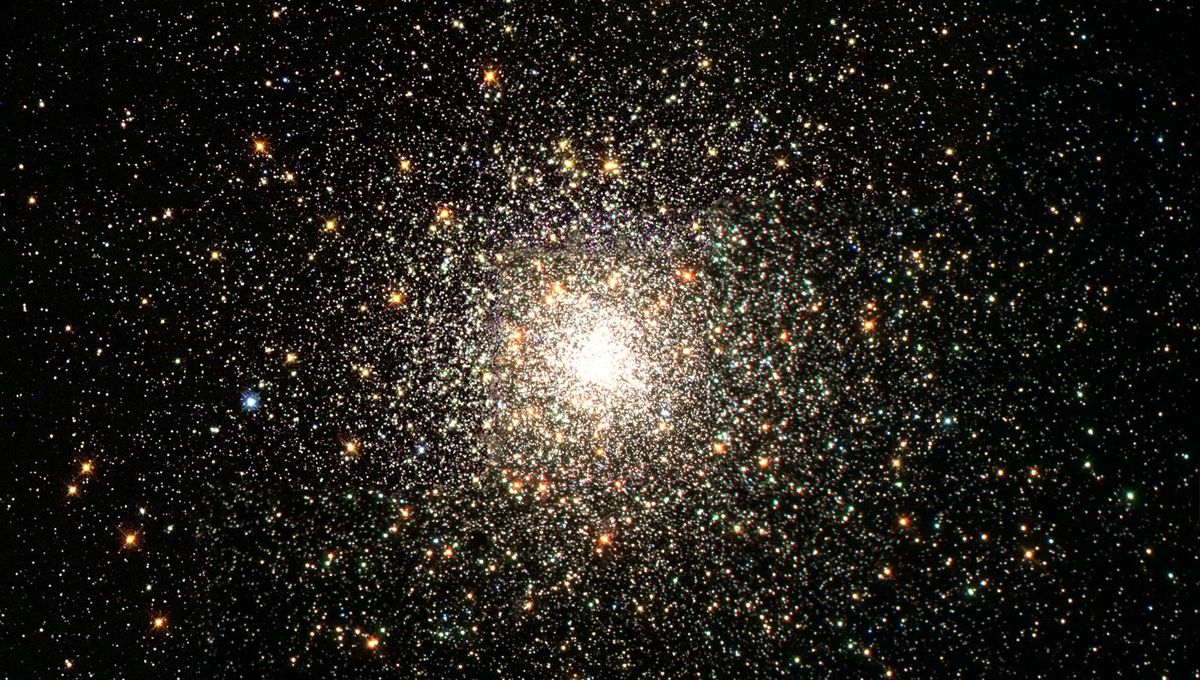
The idea that the universe is expanding was first proposed by Edwin Hubble in the late 1920s and has been repeatedly backed up by empirical observations over the past century. Despite this, an alternative notion known as the Tired Light theory won’t seem to fully go away, with some scientists clinging on to the idea that the cosmos isn’t enlarging after all.
In the red corner: The Big Bang
Both scenarios hinge on the fact that more distant galaxies appear redder than those closer to Earth – a phenomenon known as redshift. This happens because the wavelength of light increases as objects move away from each other, thus shifting it towards the red end of the spectrum.
Because all galaxies are redshifted, it follows that they are all moving away from us. It was Hubble who observed that the redshift of a celestial object is always proportional to its distance from Earth, which means that the further away a galaxy is, the faster it is accelerating.
These findings support an expanding universe, and inspired Belgian physicist Georges Lemaître to propose the idea of the Big Bang in 1931. According to current estimates, this cosmogonic explosion occurred around 13.8 billion years ago, and set the universe on its path of relentless growth.
In the… other red corner: Tired Light
The red light emitted by distant galaxies also caught the attention of a contemporary of Hubble named Fritz Zwicky, who put forward an alternative explanation for this maroon mystery. According to Zwicky, the redshift seen from Earth occurs because photons lose energy as they travel across vast distances, thus decreasing in frequency and obtaining a rouge tint.
This so-called Tired Light theory states that more distant objects appear more red because the light they emit has had further to travel and therefore lost more oomph. The hypothesis therefore disputes the idea that more remote galaxies are traveling faster than nearby ones, and has been used to support a static universe rather than an expanding one.
And the winner is…
If this were a fight, the Big Bang would win by knockout in round one. For one thing, no empirical observations have ever shown photons losing energy as they travel through space, and when asked about the Tired Light theory in 1931, Albert Einstein remarked that “no man can get a picture of how this happens.”
More recently, the discovery of the energetic remnants of the Big Bang – known as the cosmic microwave background – along with observations of light fluctuations coming from supernovae have pretty much settled the debate in Hubble’s favor.
And yet, despite having been thoroughly dismissed for decades, Tired Light is currently attempting to get up off the canvas. Staggering to its feet, the theory has gained a small amount of renewed attention thanks to the JWST’s observations of the earliest galaxies in the universe.
Noting that these galaxies are more complex and developed than one would expect of structures that formed so soon after the Big Bang, some commentators have attempted to revive the static universe framework. However, Tired Light is simply too full of holes to provide an alternative framework, and there is likely to be another explanation for the state of these early galaxies that doesn’t require us to abandon the laws of cosmology.
Source Link: What Is "Tired Light", The Theory That Denies The Big Bang?